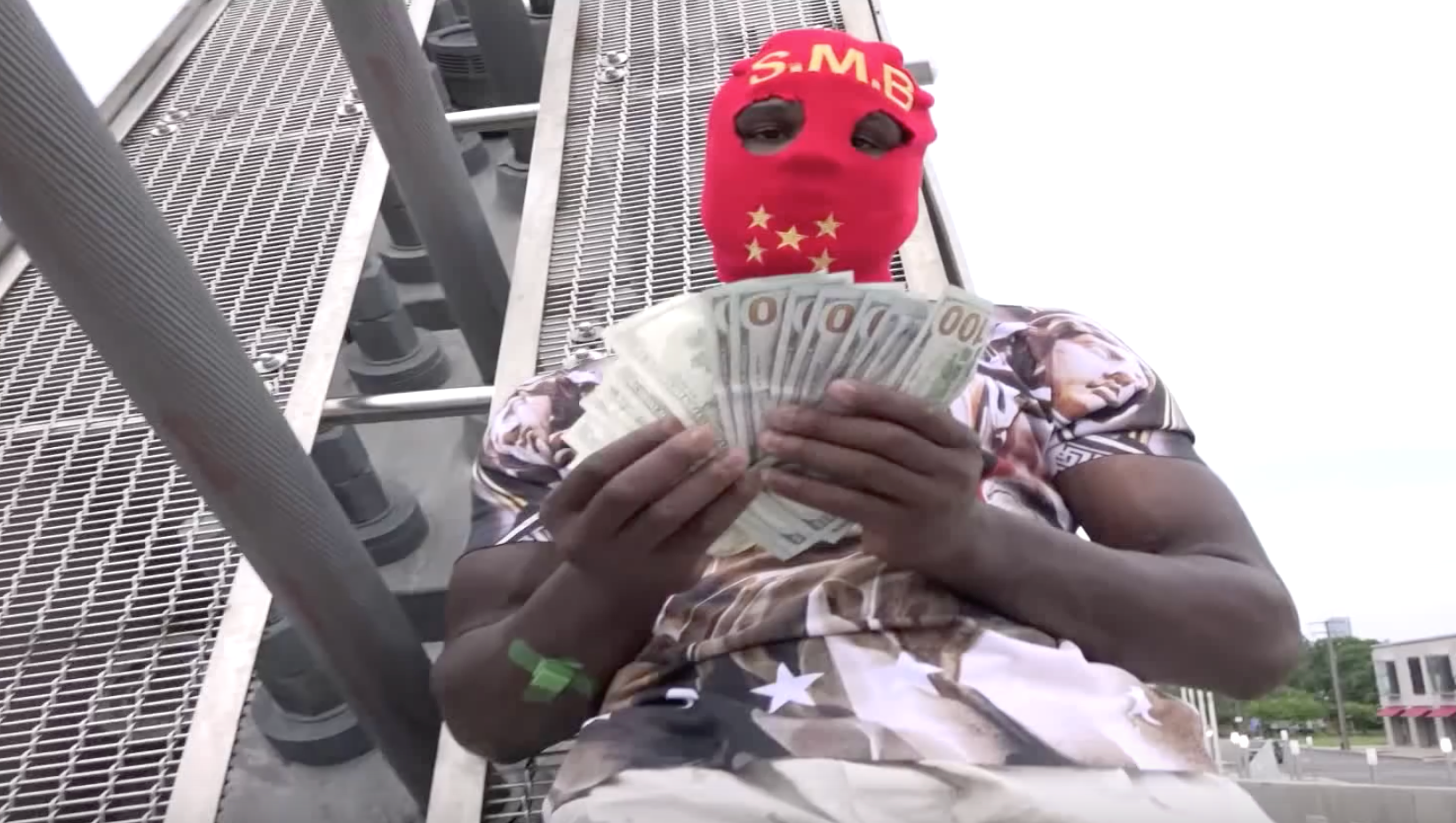Stripped bare
 Robert Snell
Robert Snell
Editor's note: Detroit News reporter Robert Snell spent more than a year investigating Detroit’s gang wars and the Justice Department’s attempts to topple the Seven Mile Bloods. This is the sixth chapter in the "Death by Instagram" series.
Three months after the baby shower shooting, in September 2015, federal agents made a breakthrough in the Seven Mile Bloods investigation at the Crazy Horse strip club on Detroit's southwest side.
The gang was at the club for a party honoring slain leader Devon “Block” McClure.

The Seven Mile Bloods held a fateful party at The Crazy Horse strip bar. (Video: YouTube)
Dubbed “Block Day,” the party was promoted on Instagram. Members of the FBI Violent Gang Task Force spotted the posts and hatched an operation.
Investigators also were monitoring text messages between accused Seven Mile Bloods leader Billy Arnold and friend Eugene Fisher the night of the party.
“I need to get in yo crib,” Arnold texted at 10:27 p.m., “and grab my hook ups.”
“Hook ups” was code for firearms, prosecutors say.

Billy Arnold (Video: YouTube)
As the strip club party stretched into the early morning, task force investigators conducted surveillance around Crazy Horse. Prosecutors say several gang members and associates were spotted arriving at the club, including Arnold.
Investigators were watching when Arnold and a friend left in a blue 2002 Chevrolet TrailBlazer with an Ohio license plate, according to court records.
The TrailBlazer was stolen, so investigators tried to stop the vehicle. A chase with speeds topping 115 mph along eastbound Interstate 94 ended in a wreck on the ramp to southbound Interstate 75.
Investigators found Arnold in the front passenger seat of the TrailBlazer and a long-sought piece of evidence.
“It was a loaded AR-15,” Assistant U.S. Attorney Christopher Graveline said.
Assistant U.S. Attorney Christopher Graveline describes the police chase that ended with Billy Arnold's arrest.
Evidence mounts
Prosecutors say ballistics tests matched the weapon to three shootings:
The attack that paralyzed Ralpheal Carter on May 1, 2015.
The Dvante Roberts homicide seven days later.
And the Mother’s Day shooting that targeted accused Hustle Boys member Darnell Canady, according to the government.
Witnesses and evidence link Arnold and a second man, Keithon Porter, to the shooting that paralyzed Carter, according to prosecutors.

Billy Arnold, left, and Keithon Porter. (Credit: YouTube/Michigan Department of Corrections)
Phone records show Arnold and Porter’s phones pinging off cell towers near the crime scene minutes before the shooting, according to court records.
The Michigan State Police crime lab analyzed 20 shell casings found at the Carter crime scene. The casings were fired from the AR-15-style rifle recovered from the TrailBlazer with Arnold, according to the government.
Ballistics tests also matched the semi-automatic rifle to the Roberts shooting, according to court records.
Witnesses and crime-scene evidence helped investigators determine there were multiple shooters in two vehicles.
Billy Arnold and Arlandis Shy, a long-standing accused member of the Seven Mile Bloods, were in one car; Keithon Porter in another, according to court filings.
Prosecutors charged three people with killing Dvante Roberts. They are: (clockwise from left) Billy Arnold, Keithon Porter and Arlandis Shy. (Photos: Michigan Department of Corrections)
Cell phone records, meanwhile, show Porter and Arnold’s phones were in contact immediately before and after the Roberts shooting, according to the government.
Porter’s cellphone also pinged off the cell tower closest to the crime scene immediately before and after the shooting, prosecutors said.
"There is no evidence that proves that ... Porter had anything to do with the RICO conspiracy or murders that occurred during this conspiracy," Porter's lawyer Steven Scharg wrote in a court filing.
Meanwhile, prosecutors secured a key witness in January. Matleah Scott, who was accused of helping kill Roberts, pleaded guilty to conspiracy to commit murder in aid of racketeering and a gun crime and faces at least 10 years in federal prison.
Scott is one of four people to plead guilty in the Seven Mile Bloods case amid the first wave of trials that started in January.
Prosecutors would soon learn whether testimony from Scott and others translated into guilty verdicts in the initial Seven Mile Bloods trial.
READ CHAPTER 7 | Unorganized crime: Defense lawyers fight back against racketeering allegations